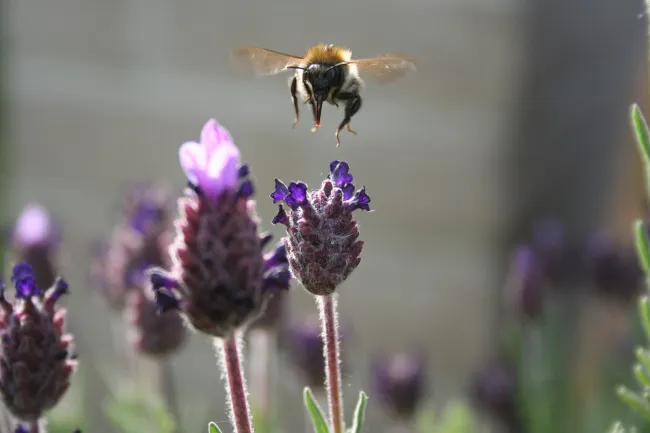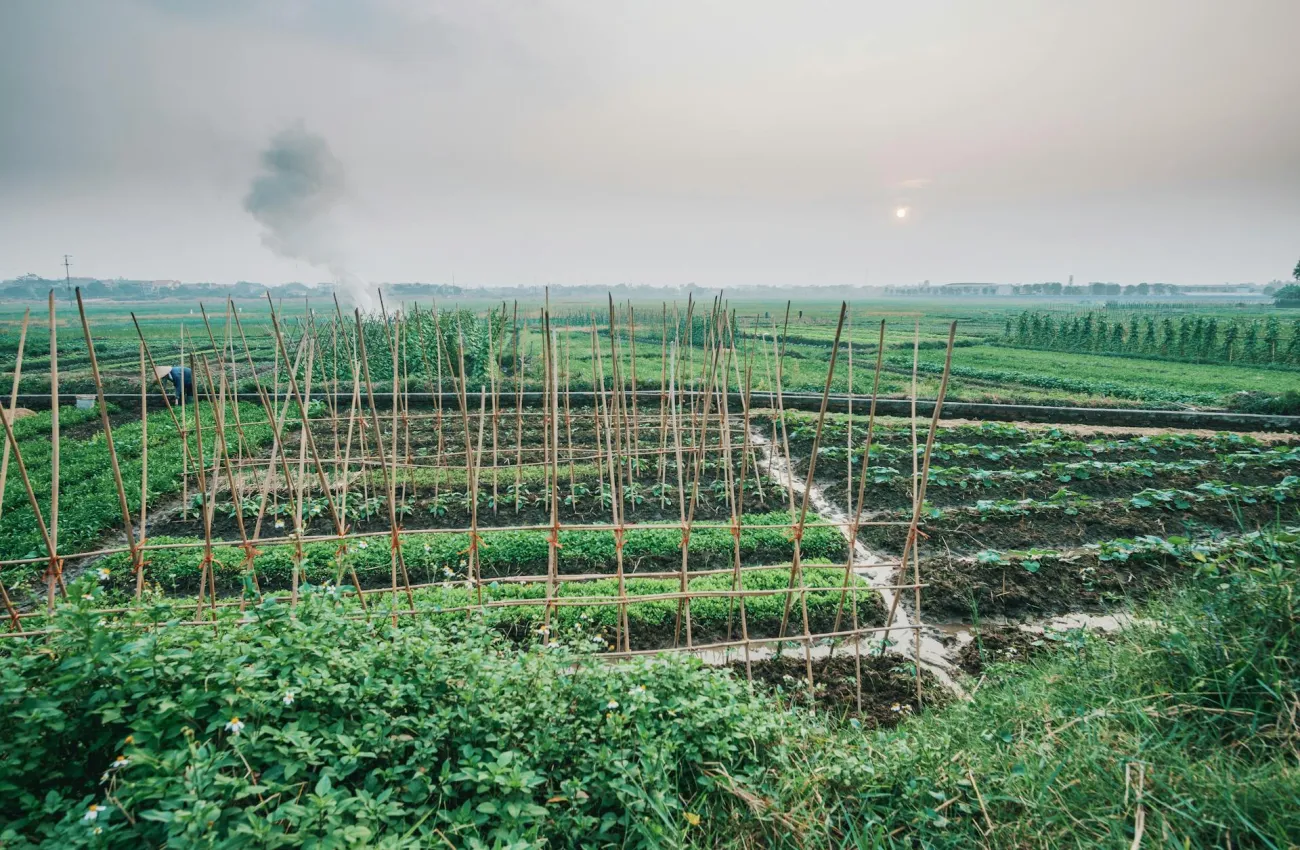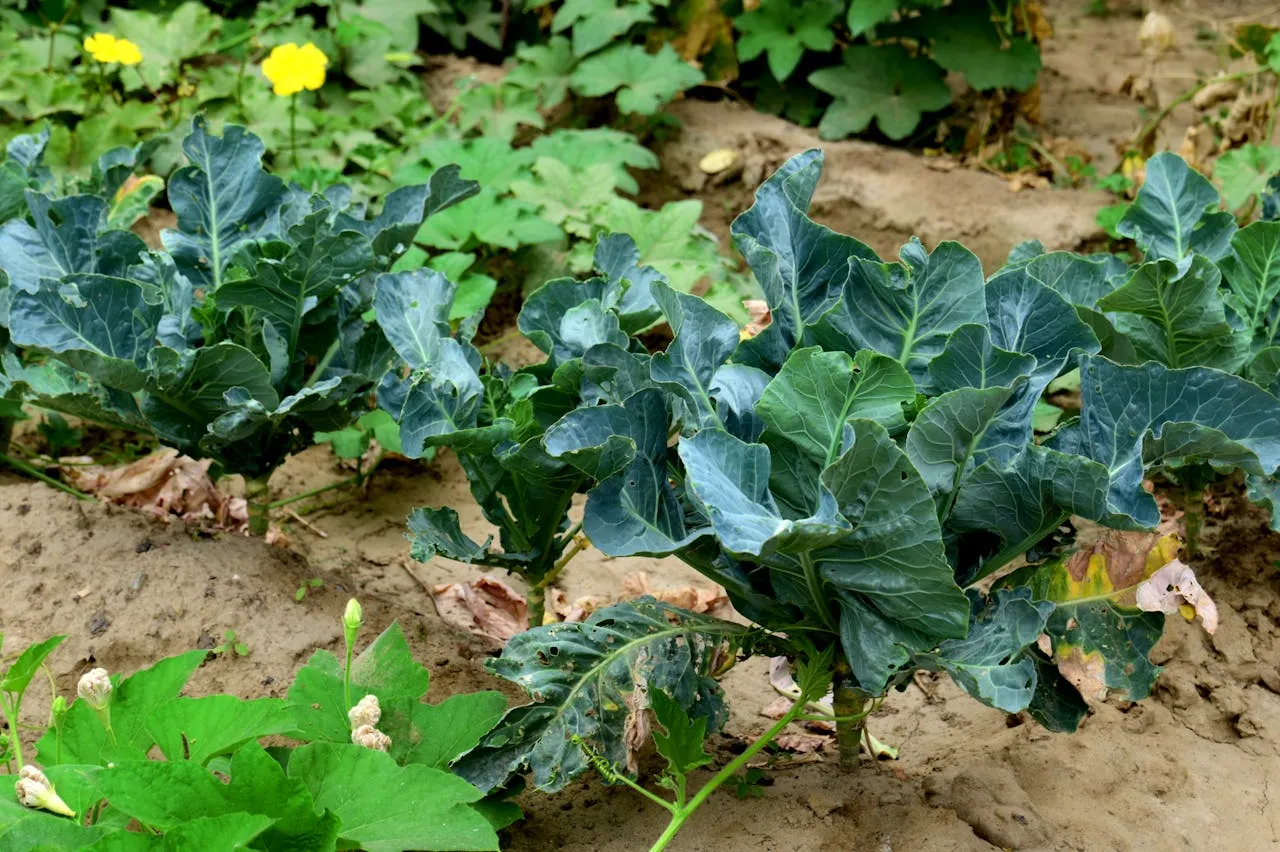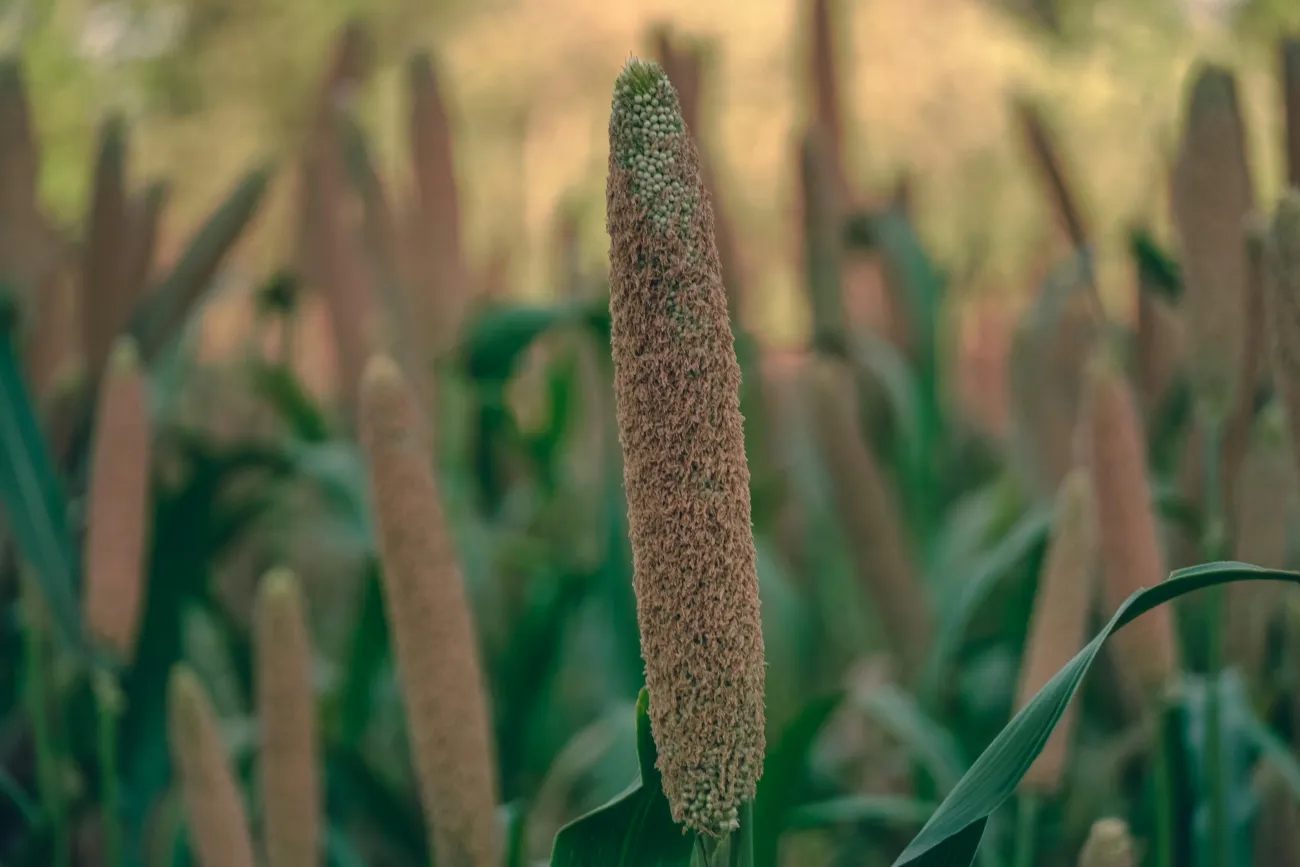This paper shows that pollinator services in agricultural landscapes that have been highly altered from their natural state are lower than would be predicted from a simple count of pollinator species. The paper bases its estimates on a study of the evolutionary relationships between pollinators and extensive surveys of pollinators.

The paper finds that land use change driven by agriculture affects some related groups of species more than others. As the paper puts it, “some branches of the bee tree of life are “pruned” more heavily than others, resulting in communities that contain more closely related species in highly agricultural landscapes compared with those found in landscapes with less agricultural cover”. This loss in diversity is greater than would be expected simply from the loss in species richness.
Abstract
Land-use change threatens global biodiversity and may reshape the tree of life by favouring some lineages over others. Whether phylogenetic diversity loss compromises ecosystem service delivery remains unknown. We address this knowledge gap using extensive genomic, community, and crop datasets to examine relationships among land use, pollinator phylogenetic structure, and crop production. Pollinator communities in highly agricultural landscapes contain 230 million fewer years of evolutionary history; this loss was strongly associated with reduced crop yield and quality. Our study links landscape–mediated changes in the phylogenetic structure of natural communities to the disruption of ecosystem services. Measuring conservation success by species counts alone may fail to protect ecosystem functions and the full diversity of life from which they are derived.
Reference
Grab, H., Branstetter, M.G., Amon, N., Urban-Mead, K.R., Park, M.G., Gibbs, J., Blitzer, E.J., Poveda, K., Loeb, G. and Danforth, B.N., 2019. Agriculturally dominated landscapes reduce bee phylogenetic diversity and pollination services. Science, 363(6424), pp.282-284.
Read the full paper here. See also the Foodsource chapter Impacts of climatic and environmental change on food systems.




Comments (0)